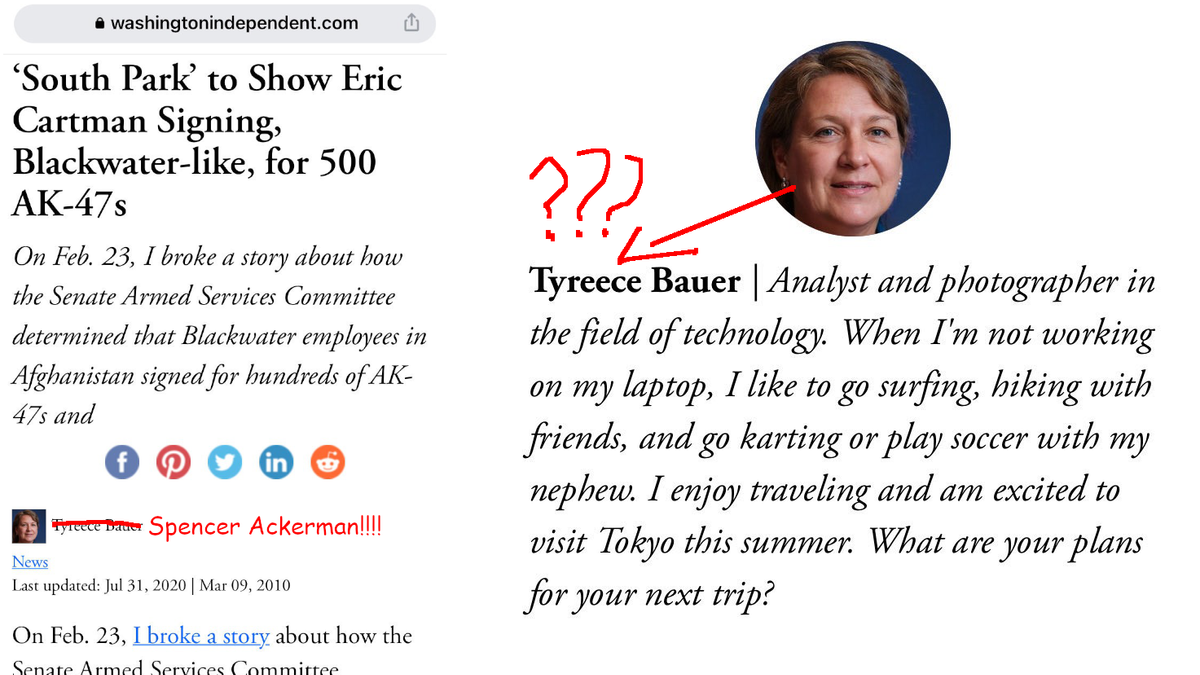TikTok vs the USA, AI vs the EU: Fight!
The regulators get itchy about China and AI, and a useful SEO tool gets its last update before AI changes everything — forever! (Maybe.)

TikTok and AI under regulatory attack
The days of governments only acting on tech when it’s too late — see the Internet Explorer debacle two decades or so back (Remember when IE had a monopoly on the browser market? If so, you’re old. Sorry.) — are well and truly over. Governments are getting antsy about new tech, and acting fast to bring it to heel.
Tick-tock to the end of TikTok?
In the US, a TikTok ban draws closer. The House has passed a bill, which has bipartisan support, which will ban TikTok unless its owner divests it. Why? Because the suspicion is that China is using it to both track US citizens, and as a propaganda tool…
Lauren Feiner, reporting for The Verge:
Senate Intelligence Committee chair and vice chair Mark Warner (D-VA) and Marco Rubio (R-FL) said in a joint statement that they were “encouraged by today’s strong bipartisan vote in the House of Representatives, and look forward to working together to get this bill passed through the Senate and signed into law.”
Everyone thinks that the bill will struggle in the Senate — but the bipartisan support for the measure is interesting. And it’s also worth remembering, as John Gruber pointed out:
China itself bans all foreign social networks. Facebook, Instagram, Threads, Twitter/X, Pinterest — none of them are available in mainland China. It’s bananas that we allow an algorithmically-driven social media app controlled by China here.
EU versus AI: fight!

Meanwhile, high off bringing Apple to heel with the Digital Markets Act (maybe…), the EU is getting stuck into regulating AI:
"The new rules ban certain AI applications that threaten citizens' rights, including biometric categorisation systems based on sensitive characteristics and untargeted scraping of facial images from the Internet or CCTV footage to create facial recognition databases," a European Parliament announcement today said. "Emotion recognition in the workplace and schools, social scoring, predictive policing (when it is based solely on profiling a person or assessing their characteristics), and AI that manipulates human behavior or exploits people's vulnerabilities will also be forbidden."
There’s a delicate line for them to walk here, between curtailing the worst excesses of AI and stifling the market for innovation in the EU. The overwhelming support for the vote suggests that this one isn’t going away easily.
Of particular note to journalism:
AI-generated text that is "published with the purpose to inform the public on matters of public interest must be labelled as artificially generated," and this requirement "also applies to audio and video content constituting deep fakes."
Can’t be hiding your cheap GenAI copy behind a fake byline if you want to trade in the EU…
Local media is no longer local
Joshi Herrmann of the Manchester Mill, one of the startups I wrote about a couple of weeks ago, quoted in Press Gazette:
“In the local town near where my mum lives in Sussex, there used to be two local newspapers, both of which had an office on the high street… Now, there is one newspaper and it doesn’t have any local coverage to speak of. There might be one story about the local town. The rest of it will be aggregated from other local communities where the same large news organisation owns other titles.”
As a Sussex resident, I can confirm. One of my least favourite tricks is when they headline a story something like “local surgery to close”, and you click through with a small element of panic, only to discover they mean Littlehampton, which is half a dozen towns down the coast. And then you vow never to click on them again, until they catch you out. Again.
This is not how you build a relationship.
It’s SEO Christmas
Ah, a lovely little treat for the SEO-minded today. Search Engine Land has dropped their (more or less) annual periodic table of SEO elements. This has gone through a few name changes over the year. It was once the periodic table of ranking factors, and then success factors, and now just “elements”. That’s a good direction. Rather than trying to sum up what the ranking factors are, which are often inscrutable, and intentionally so on Google’s part, it aims to sum up those things you should focus on — and those things you should avoid doing.
I’m looking forwards to working through it, and deciding which bits I agree with, and which I don’t…

Oh, while we’re talking SEO, places for the next run of my editorial SEO course are shifting at a fair old clip. Get your place while you can!
Link Roundup
- 💐 While other platforms reject us, LinkedIn woos us…
- 🧵 Been sucked into the Meta trap that is Threads? Here’s accounts about journalism to follow while you’re there.
- 🙄 This is a useful reminder that Meta isn’t pushing political (and this some news) content off the platform. It’s just making it really hard for you to get any reach. Do you want to put in the work?
- 💼 Interesting to see Mill Media (the folks behind Manchester Mill and related titles) getting into consultancy. And to see a property developer funding a hyperlocal title…
- 🧑🤝🧑 Why the Twitter we’ve lost may never be replaced: it was an unusual aggregation of context and communities that are now fragmenting. The cycle is turning towards smaller, more intimate but more scattered communities.
One to read
Over the past 20 years, I’ve subscribed to a lot of RSS feeds. Sometimes long moribund feeds spring back into life. Some of the time they’re brand news sites using the same domain — but sometimes they’re new sites pretending to be the old ones. If it’s a journalist’s long-abandoned blog, then it doesn’t matter that much.
But what happens when it’s an entire news site and its content?

This will have relevance to a post about the latest Google update I have coming…







